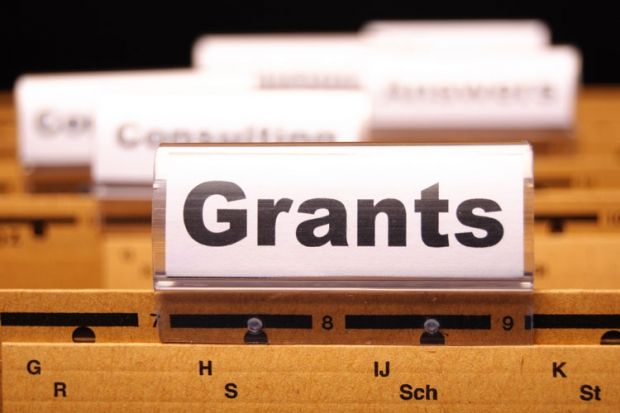National Institute for Health Research
Efficacy and Mechanism Evaluation programme
- Award winner: Arthur Kaser
- Institution: University of Cambridge
- Value: £1,165,754
IASO: a phase 2 randomised placebo-controlled double-blind trial of interleukin 1 blockade in acute severe colitis
- Award winner: Steve Turner
- Institution: University of Aberdeen
- Value: £1,531,932
Reducing asthma attacks in children using exhaled nitric oxide as a biomarker to inform treatment strategy – a randomised trial (RAACENO)
Health Services and Delivery Research programme
- Award winner: Ellen Annandale
- Institution: University of York
- Value: £511,190
Interactional practices of decision-making during childbirth in maternity units
Health Technology Assessment programme
- Award winner: Jeremy Chataway
- Institution: University College London
- Value: £3,837,156
MS-STAT2: a phase 3 randomised, double-blind, clinical trial investigating the effectiveness of repurposed simvastatin compared with placebo in secondary progressive multiple sclerosis, in slowing the progression of disability
Medical Research Council
- Award winner: Adam Cunningham
- Institution: University of Birmingham
- Value: £675,514
How does inflammation regulate CLEC-2-mediated thrombosis after infection?
- Award winner: Nicky Welton
- Institution: University of Bristol
- Value: £313,485
Calibration of multiple treatment comparisons using individual patient data
- Award winner: Amelia Crampin
- Institution: London School of Hygiene and Tropical Medicine
- Value: £605,884
Understanding non-communicable diseases and the role of infection in Africa: building a partnership to generate big data
Biotechnology and Biological Sciences Research Council
Research grants
- Award winner: Brendan Gilmore
- Institution: Queen’s University Belfast
- Value: £649,998
EnvironSafe: cold plasma innovations for food safety and sustainability
- Award winner: Karim Malik
- Institution: University of Bristol
- Value: £372,107
Arginine methylation of BRD4 and its influence on transcription and genotoxic stress
In detail
Global Challenges Research Fund Foundation award
Award winner: William Kirk
Institution: Keele University
Value: £596,000
Improving food safety by reducing pesticide residues: developing a pheromone alternative to insecticides for control of thrips on legumes in Kenya
This project aims to offer an alternative to insecticides for controlling bean flower thrips – slender plant-eating insects – in cowpea (a herbaceous legume) and similar crops in Kenya. Using less pesticide will help to improve food safety, crop yields and farm workers’ health while fostering more sustainable agriculture. “Cowpea is a major crop across Africa south of the Sahara,” said William Kirk, senior lecturer in ecology and entomology in Keele University’s School of Life Sciences. “It’s an important source of protein to the urban and rural poor. Unfortunately, many smallholders apply chemical insecticides too frequently, so crops for domestic consumption often contain unacceptably high levels of pesticide residues.” The team will explore the use of a synthetic pheromone to attract and trap bean flower thrips – which are resistant to many insecticides – reducing the need for pesticides.
